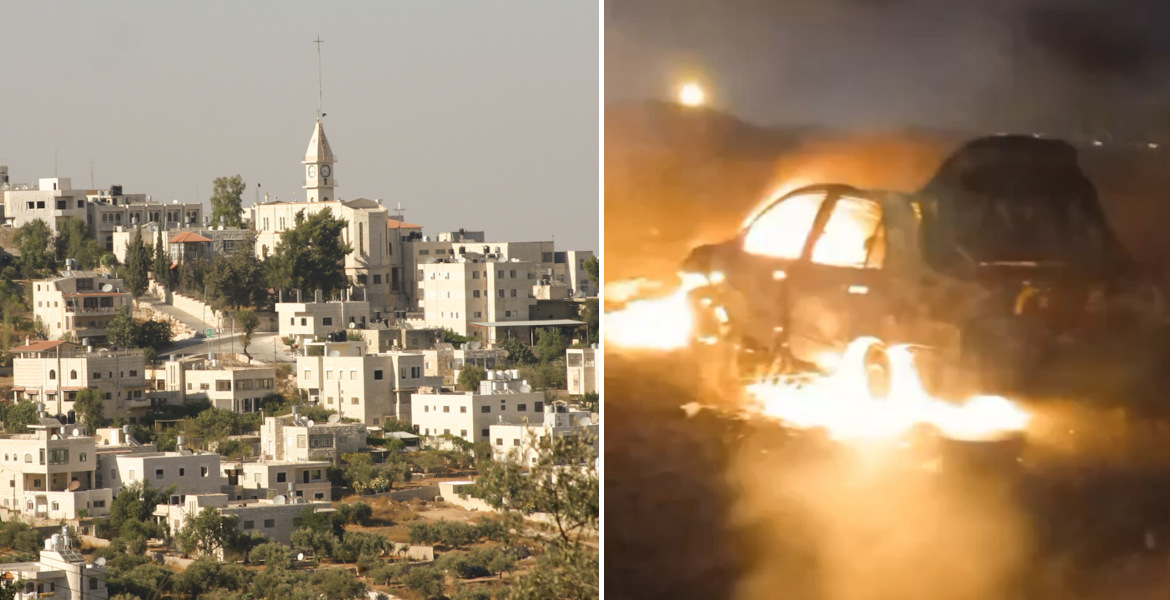The New York Times has issued explicit instructions to its staff to avoid certain terms when reporting on Gaza and the Israeli invasion.
Journalists are told to avoid terms such as “Palestine”, “occupied territory” and “refugee camps” and to limit the use of words such as “genocide” and “ethnic cleansing” in their reporting.
Internal guidelines obtained by The Intercept state that the word “Palestine” should only be used “in very rare cases” and that “refugee camps” should not be used to describe the areas of Gaza populated by Palestinians displaced from other parts of the region during previous Israeli-Arab wars – despite the UN’s use of the term.
The guidelines, written by political editor Susan Wessling and international editor Philip Pan and staff, purport to “provide guidance on certain terms and other issues we have been grappling with since the conflict began in October.”
– I think it’s the kind of thing that looks professional and logical if you have no knowledge of the historical context of the Palestinian-Israeli conflict. But if you do know, it will be clear how apologetic it is to Israel, explains a source at the paper.
Double standards
Words such as “slaughter”, “massacre” and “carnage” should also be used with caution – yet the paper has frequently used precisely those terms to describe Palestinian attacks on Israelis.
An analysis shows that as of November 24, Israeli deaths were described as “massacres” 53 times – but only once when Palestinian deaths were involved. The rationale for using “slaughter” was 22 to 1 – despite the fact that more than ten times as many Palestinian civilians died as Israelis at the time.
By contrast, it is free and “correct” for staffers to refer to Hamas as “the terrorists” after the October 7 attacks – but not as “militants” and preferably not as “militant groups” as this “may be confusing to readers”.
Widespread discontent
Regarding “genocide”, journalists should use the specific definition under international law – and “ethnic cleansing” is also described as a “historically loaded term” that should be used with caution.
When it comes to “occupied territory”, “refugee camp” and “Palestine”, however, the UN terminology is not nearly as interesting to follow – these terms should be avoided or used with great caution, according to the managers, even though the UN and other international bodies use them in the same context.
Many staff members are said to be unhappy with the management and believe that it is taking a clearly pro-Israeli line in order to relativize the Israeli invasion and what the Palestinians are being subjected to in connection with it.








